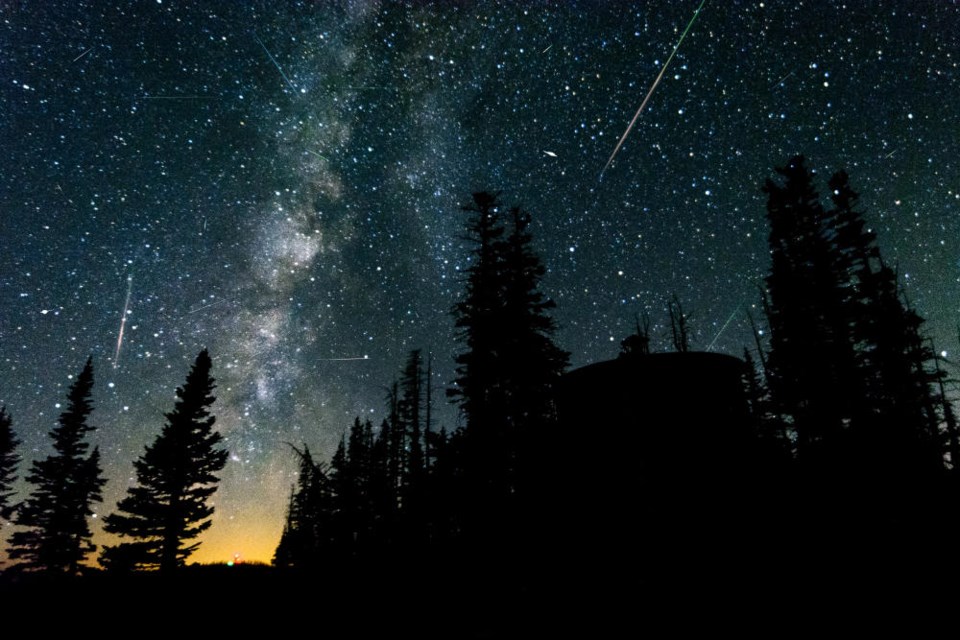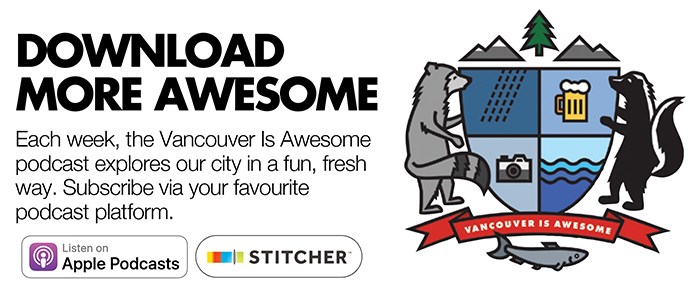 Perseid meteor shower with the Milky Way galaxy Photo Shutterstock
Perseid meteor shower with the Milky Way galaxy Photo Shutterstock
Astronomy enthusiasts are traveling away from the city lights to watch the dazzling Perseid meteor shower, which reaches its peak this weekend.
The UBC Astronomy Club is leaving the university at 8 p.m. for Porteau Cove to watch the shooting stars flash across the sky with two high-powered telescopes.
The club's president Katie Rink says the Perseid meteor shower's peak coincides with the new moon. "We're going to have hardly any moonlight distracting us, which means that we'll probably see close to 50 or 60 shooting stars an hour."
The Perseid meteor shower happens every year at this time when the Earth passes through the debris field of icy Comet Swift-Tuttle on its 133-year orbit around the sun.
When Comet Swift-Tuttle reaches the sun pieces of it break off -- then when it approaches the earth the pieces burns up in the Earth's atmosphere -- creating what appears as falling stars in the night sky.
The Perseid meteor shower will reach its peak on Sunday night into Monday morning but the weather forecast calls for cloudy skies over Vancouver on the weekend, which means Friday night might be the best chance to watch the show.
Rink says she loves space because "it reminds you of how small you are."
"When you look up at the sky and see these shooting stars it reminds you that there are physical objects out there in the universe. They're not just things you read about in storybooks and we're tiny in comparison," she says.
Organizers say the planets Mars and Saturn will also be visible throughout the night as well as the Andromeda Galaxy, the Lagoon Nebula, and many beautiful star clusters.
The UBC Astronomy Club has about 400 members and is not exclusively for UBC students --anyone can join.



